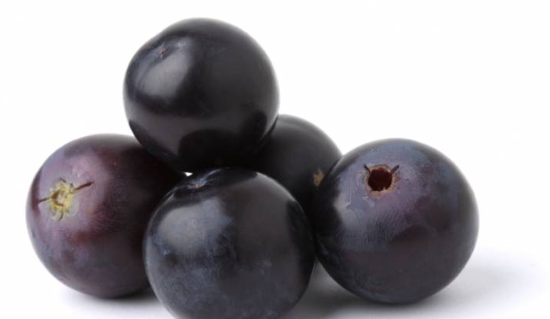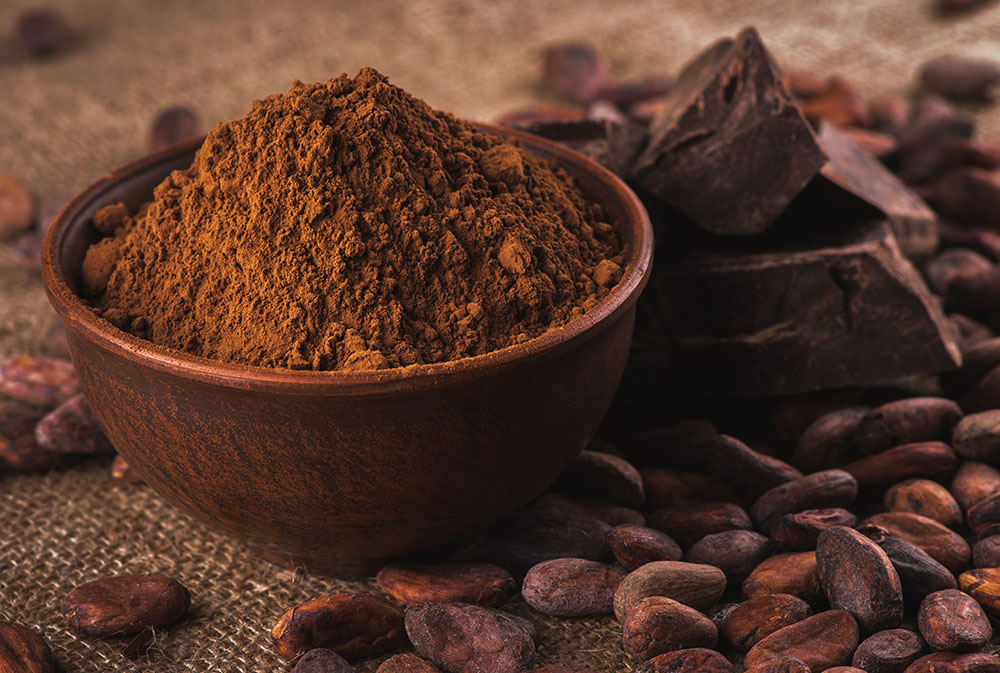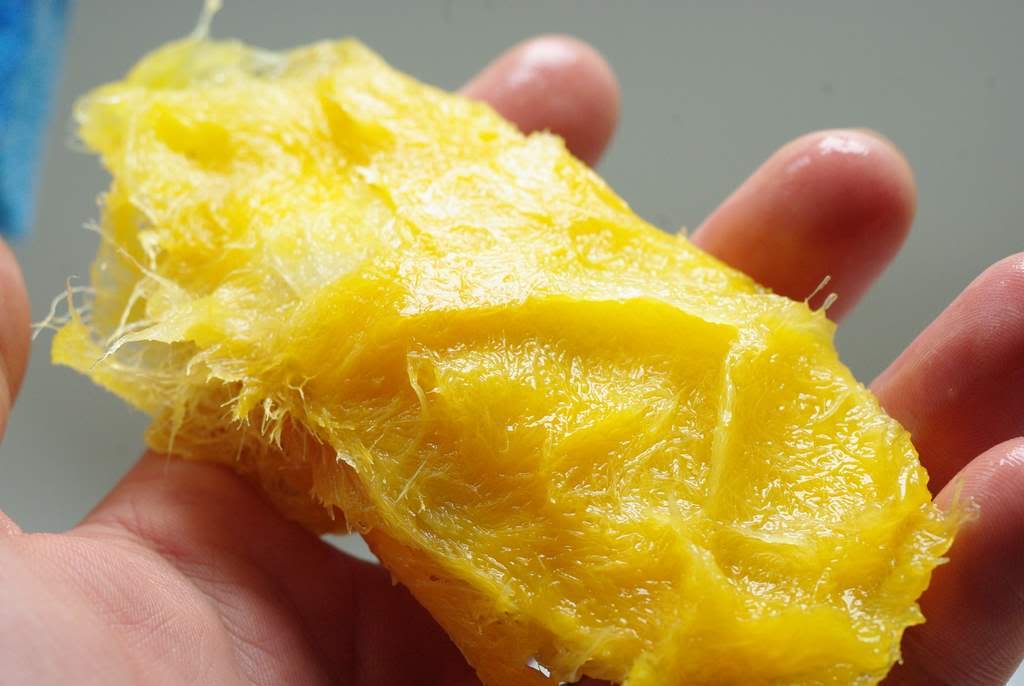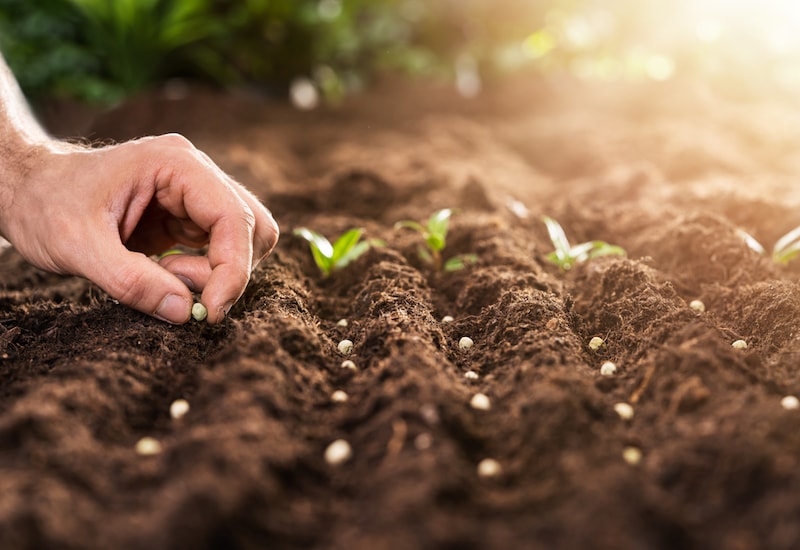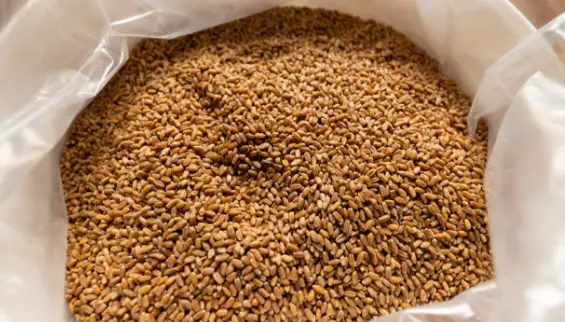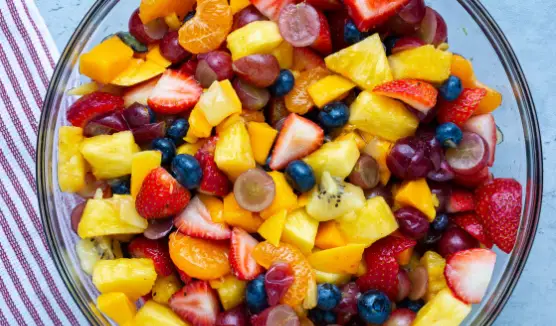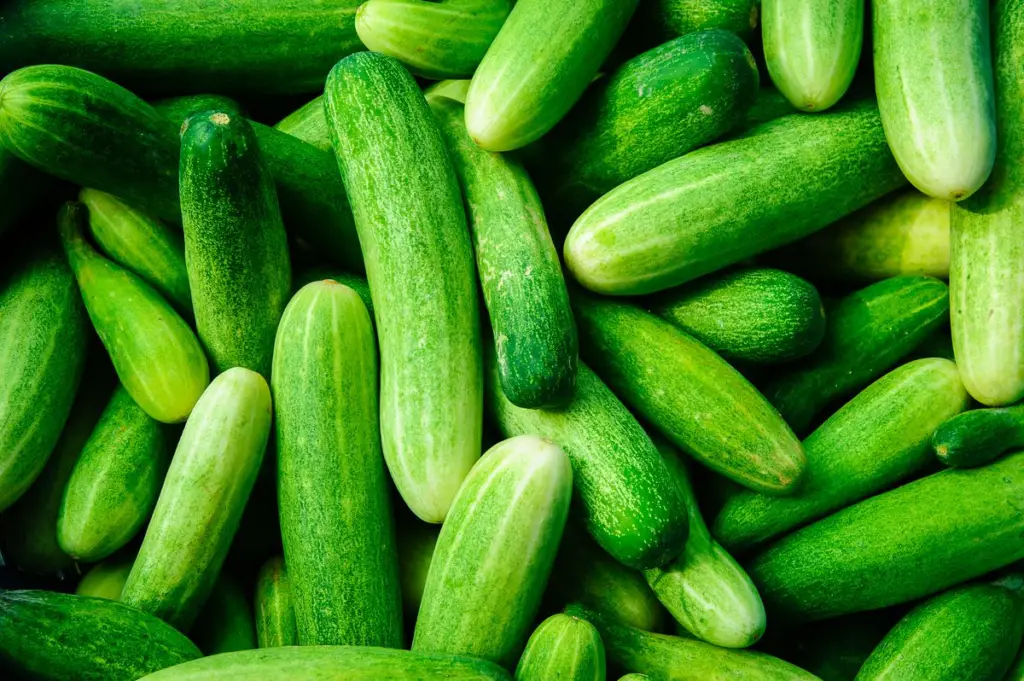Picture yourself walking along enjoying a tasty banana. Once you’ve eaten it, you have the peel left. What’s the next step?
Some might wonder if it’s okay to just throw a banana peel on the ground or out a window. We’re going to delve into this issue and learn the right way to get rid of banana peels. Join us to discover whether dropping that peel is fine or not.
Table of Contents
- What Does it Mean to Litter?
- Is it Littering to Throw Out a Banana Peel?
- Banana Peels Break Down, but…
- Other Things to Keep in Mind
- 1. They’re Slippery!
- 2. Where Are You?
- 3. What Will People Think?
- Why Proper Disposal is Key
- How to Toss Banana Peels the Right Way
- 1. Find a Garbage Bin
- 2. Bring a Bag for Trash
- 3. Can You Compost?
- Summing It All Up
- Frequently Asked Questions
- Can I throw a banana peel out the car window if it’s biodegradable?
- Is it littering to throw a banana peel in the woods?
- Can I leave a banana peel on the ground if it’s a public park?
- What if there are no trash bins nearby?
- Is throwing a banana peel in the trash better than composting?
What Does it Mean to Litter?
Littering is when people leave trash where it doesn’t belong, like on sidewalks, in parks, or in other public spots where there’s no garbage bin.
It can be anything from candy wrappers to drink bottles and lots of other things. Dropping litter is seen as rude, bad for the planet, and sometimes it’s against the law.
Is it Littering to Throw Out a Banana Peel?
Yes, tossing a banana peel counts as littering. Even though they can break down over time, they can be slippery and make a bad impression right away. It’s much better to use a trash can or keep a bag with you for putting trash in. Remember to be thoughtful to other people and our Earth.
Banana Peels Break Down, but…
Since banana peels are natural, they can break down and mix back into the soil after a while.
Because of this, some might think it’s not a problem to drop a banana peel outside or from their car. But it’s not that simple.
We need to think about other things too before we decide what to do with banana peels.
Other Things to Keep in Mind
Let’s talk about what could happen if you throw a banana peel out the window.
1. They’re Slippery!
Even though banana peels will go away overtime, they can be very slick right away. Anyone could step on it, slip, and get hurt. This could even lead to someone being taken to court. That’s why it’s important to be responsible for keeping things safe.
2. Where Are You?
Where you throw away a banana peel matters a lot. In nature, like a forest or yard, the peel can turn into soil without causing problems for other people.
But in cities or busy places, leaving a banana peel out can be a big no-no. There’s a bigger chance it can cause trouble or bother someone.
3. What Will People Think?
How people see your actions is a big part of whether something is littering. You might think that a banana peel will just turn into dirt, but someone else might not like it. Littering isn’t just about what happens right away but also about what message you’re sending to people who see it.
When you drop a peel where others can see, it might look like you don’t care about keeping places clean. Think about how your choices look to those around you.
Why Proper Disposal is Key
Throwing away things the right way, banana peels included, helps keep our environment tidy and safe. Trash left on the ground can end up in water, hurt animals, and attract bugs. If we all do our part by putting waste in its place, we can help our planet and stop litter.
How to Toss Banana Peels the Right Way
Now we’re going to talk about the best ways to get rid of banana peels.
1. Find a Garbage Bin
The nicest and best way to throw away a banana peel is to use a garbage bin.
In places like parks, streets, or events, there are usually bins just for trash. Just put the peel in the bin, making sure it’s closed so no accidents happen.
2. Bring a Bag for Trash
If you often have snacks outside or where there aren’t any bins, it’s handy to have a small bag for your garbage. Keep your banana peel and other food waste in the bag until there’s a place to properly get rid of it.
3. Can You Compost?
If you have your own compost pile or can use composting services, then banana peels can go there.
Composting lets natural trash like this break down and become good dirt for growing plants. Just make sure to follow the rules for composting where you live.
Summing It All Up
Remember, even though banana peels can break down, we should still throw them away correctly to avoid slips and keep places clean. It’s good manners to put banana peals in bins when we can.
By following these tips, you can have your banana and eat it too, without causing any mess or problems for others and nature.
Frequently Asked Questions
Can I throw a banana peel out the car window if it’s biodegradable?
Even though a banana peel can break down naturally, you shouldn’t toss it out of your car window. When banana peels end up on the road, they can become quite slippery, which might lead to someone having an accident. So, for the safety of everyone driving or walking, keep your banana peels inside the car until you can throw them away properly.
Is it littering to throw a banana peel in the woods?
When you’re in the woods or a forest, a banana peel can naturally blend back into the earth. So, it might not really be considered as littering. But to be extra caring for nature, it’s always a good idea to practice the leave-no-trace habits. That means you should try to pack up your trash and put it in the right spot, like a garbage can or recycling bin, even in the woods.
Can I leave a banana peel on the ground if it’s a public park?
Actually, you shouldn’t leave a banana peel, or any other trash, on the ground in a public park. It’s not nice to look at, and someone might step on it and slip. Always remember that throwing trash on the ground, including banana peels, is littering and isn’t respectful to the park or the people who visit it.
What if there are no trash bins nearby?
If you’re somewhere without a trash bin, it’s a smart idea to bring a little bag with you for your trash. You can keep your banana peel in there until you’re somewhere that has a bin. That way, you’re not leaving trash around, and you can get rid of it the right way later.
Is throwing a banana peel in the trash better than composting?
Whether you put your banana peel in the garbage or compost it, you’re doing something good. But, if you have the chance to compost, go for it! Composting your banana peel helps it turn into good stuff for the soil, like nutrients that make plants grow better. If there’s a compost option around, it’s a helpful thing for the planet to use it.
